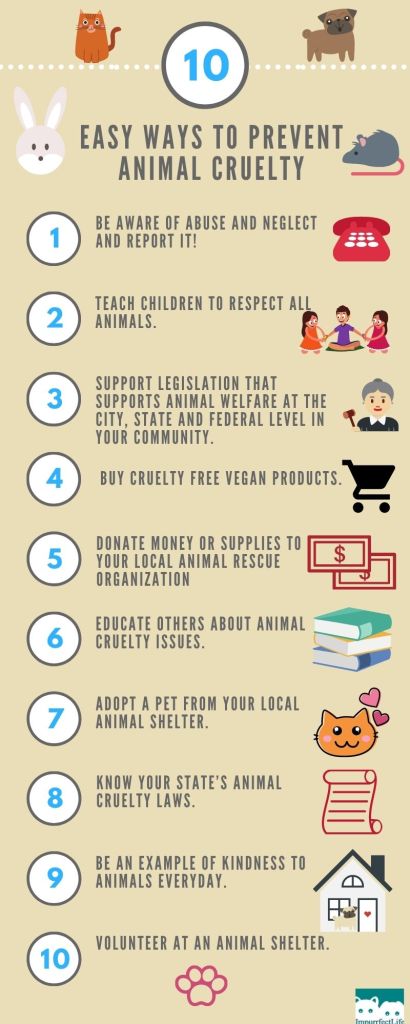Animal cruelty in the food industry is a pervasive issue that has garnered significant attention in recent years. The production of animal products often involves practices that can inflict immense suffering on sentient beings. Despite the rising popularity of veganism as a solution to combat cruelty, not everyone is prepared or willing to adopt a plant-based lifestyle. However, it is entirely possible to make impactful choices that contribute to the welfare of animals while still enjoying animal products. Here, we will explore various strategies to mitigate animal cruelty in the food industry without having to abandon meat and dairy entirely.
One of the most effective ways to address this issue lies in consumer advocacy and informed choices. Awareness is the first step toward transcending the conventional norms that sustain animal suffering. Educating oneself about the origins of the animal products one consumes can be eye-opening. For instance, understanding the differences between factory-farmed animals and those raised on ethical farms can significantly influence purchasing decisions. The proliferation of transparent labeling can help consumers select products derived from animals that have been treated humanely. This shift can incite producers to adopt more compassionate practices, driven by market demand.
The concept of “conscious consumerism” plays a vital role in this context. By supporting companies that prioritize animal welfare, consumers can leverage their purchasing power to foster ethical practices within the food industry. Initiatives such as the Certified Humane label or American Humane Certified program provide guidance for consumers to identify products from farms adhering to higher welfare standards. This conscious approach goes beyond mere consumption; it nurtures a culture where animal welfare is valued and prioritized.
Participation in local food movements is another avenue for fostering change. Community-supported agriculture (CSA) programs and farmers’ markets often feature producers who emphasize ethically-sourced animal products. Engaging with local farms not only allows consumers to support animal welfare but also promotes sustainable practices. By forming relationships with local farmers, consumers can gain insight into how animals are raised and cared for. This fosters transparency and cultivates a sense of accountability within the food system, compelling producers to adhere to higher welfare standards.
Moreover, the practice of mindful eating can transform how individuals relate to their food. Committing to fewer, but higher-quality animal products can lead to a more ethical diet. This practice not only reduces demand for mass-produced meat and dairy but also encourages consumers to appreciate the food they consume. When individuals opt for responsibly sourced animal products, they often invest in smaller farms that prioritize animal welfare, thereby supporting ethical practices in the food industry.
Incorporating plant-based meals into one’s diet doesn’t necessitate a complete shift to veganism; rather, it can be seen as an invitation to explore new culinary experiences. For many, adopting a flexitarian approach—where plant-based meals make up a significant portion of the diet—allows for a balance that respects animal life while still enjoying the flavors derived from animal products. This can include seeking recipes rich in legumes, grains, and vegetables that can stand alongside meat as a complementary feature, rather than the central component of every meal.
Another significant aspect to consider is advocating for legislative change focused on animal welfare in the food industry. Grassroots movements and campaigns aimed at promoting better treatment of farm animals can lead to larger social shifts. Supporting or joining organizations that lobby for improvements in animal welfare laws is crucial. These organizations often work tirelessly to bring about regulations that hold producers accountable for their treatment of animals. Even writing to local representatives to express support for animal welfare legislation can amplify collective concerns and cultivate a legal framework that prioritizes humane treatment.
Social media platforms serve as powerful tools for raising awareness about animal cruelty in the food industry. Sharing information about animal welfare issues, ethical farms, and impactful documentaries can foster a sense of community among like-minded individuals. Furthermore, these platforms can amplify the voices of those advocating for animals in the food industry, creating a ripple effect that encourages greater scrutiny of conventional practices. Using hashtags related to ethical eating and animal rights can help spread awareness beyond immediate circles, reaching a wider audience that may be unaware of the severity of the issue.
In addition to direct consumer measures, engaging in dialogue about animal rights within social circles can serve as a catalyst for change. Conversations about the ethical implications of food choices can challenge societal norms and prompt critical thinking about deeply ingrained beliefs regarding animal agriculture. By sharing personal stories, research, or documentaries with friends and family, individuals can inspire others to reflect on their own dietary habits and the broader implications of their choices.
Finally, fostering empathy towards animals is paramount. A shift in mindset that encourages viewing animals as sentient beings deserving of respect can lead to profound changes in attitudes toward animal products. By cultivating a deeper understanding of animal emotions and the consequences of factory farming, consumers can begin to make choices that resonate with their ethical values. This change in perspective is often the most powerful motivator for individuals deciding how to approach their dietary habits.
Ultimately, while the challenges posed by animal cruelty in the food industry are significant, individuals can forge a path forward that aligns with their personal beliefs and dietary preferences. By being informed consumers, engaging with local producers, embracing mindful consumption, advocating for legislative change, harnessing the power of social media, and fostering empathy towards animals, it is possible to make a difference without forsaking animal products altogether. Through collective effort and commitment, small changes can lead to monumental shifts in the treatment of animals within the food industry.








